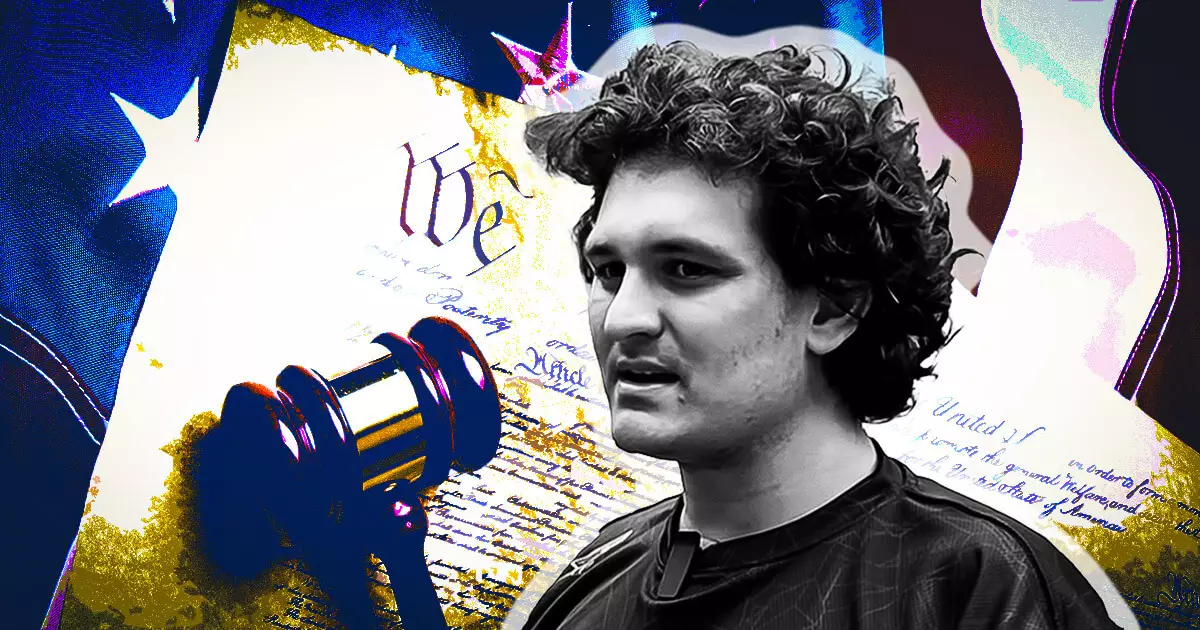In a recent letter to U.S. District Judge Lewis A. Kaplan, attorneys for FTX founder Samuel Bankman-Fried expressed concern over their client’s lack of access to evidence against him. According to lawyers Mark Cohen and Christian Everdell, this lack of access violates Bankman-Fried’s constitutional rights and highlights the urgent need for his temporary release before the trial. While federal prosecutors have proposed providing Bankman-Fried with an offline laptop and occasional internet access within a courthouse cellblock, the defense argues that this is insufficient given the significant volume of discovery involved in the fraud case.
Bankman-Fried’s legal team asserts that their client requires consistent access to an internet-connected laptop to review millions of pages of documents and key sources of online information. They argue that the government’s chosen approach will lead to inadequate representation, as Bankman-Fried is incarcerated without internet access. Adequate preparation for trial is crucial to ensure a robust defense strategy, and denying Bankman-Fried the necessary resources undermines his Sixth Amendment rights.
Bankman-Fried is currently facing charges related to the illegal diversion of substantial investor funds from his cryptocurrency exchange, FTX. Prosecutors accuse him of using customer deposits to support his extravagant lifestyle, make political donations, and engage in high-risk trades at his cryptocurrency hedge fund trading firm, Alameda Research. The severity of these allegations underscores the importance of the defense being adequately prepared with access to all relevant evidence.
Despite promises from the government, Bankman-Fried’s lawyers claim that he is still unable to review a significant portion of the evidence while being held in a Brooklyn federal jail. This includes messages on the encrypted chat platform Slack and materials from FTX and Alameda stored in an Amazon cloud-based storage system. The difficulty in accessing these materials, along with limited interaction with legal counsel, hinders Bankman-Fried’s ability to mount an effective defense.
Recognizing the challenges posed by the lack of access to evidence, Bankman-Fried’s lawyers argue for his temporary release under the “compelling reason” exception of the Bail Reform Act. They propose that strict conditions be imposed on his release, such as confinement at his parents’ house in California. This temporary release would allow Bankman-Fried to adequately prepare for the trial, ensuring a fair legal process and better representation.
The case of FTX founder Samuel Bankman-Fried highlights the importance of upholding constitutional rights and ensuring that defendants have access to the necessary resources for adequate preparation. The significant volume of discovery and the complexity of the charges against Bankman-Fried require a fair and thorough examination of the evidence. Without the ability to review crucial documents and online information, the defense faces substantial obstacles that undermine the principles of justice. It is imperative that the court carefully considers the plea for temporary release, taking into account the potential impact on Bankman-Fried’s constitutional rights and the fairness of the trial.



















